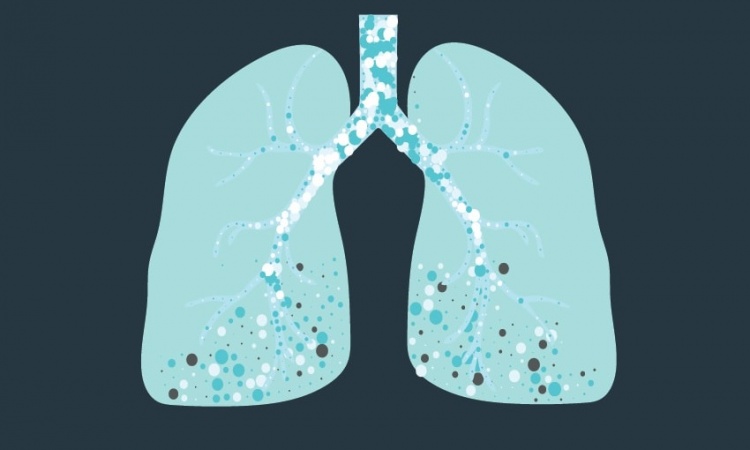News • Pulmonary complications
Simple breathing training before surgery prevents postoperative pneumonia
Experts say it could be considered for all patients awaiting upper abdominal surgery
Pneumonia, and other serious lung complications, after major abdominal surgery were halved when patients were seen by a physiotherapist before surgery and taught breathing exercises that the patient needed to start performing immediately on waking from the operation, finds a trial published by The BMJ today. The researchers say their results “are directly applicable to the tens of millions of patients listed for elective major abdominal surgery worldwide” and that this service “could be considered for all patients awaiting upper abdominal surgery.”
Upper abdominal surgery involves opening up the abdomen - for example to treat bowel, liver or kidney conditions. It is the most common major surgical procedure performed in developed countries, but it carries a risk of serious lung (pulmonary) complications, such as pneumonia and lung collapse, that are linked to high mortality and healthcare costs.
Previous trials have indicated that teaching patients breathing exercises before their surgery may help prevent complications, although evidence is inconclusive. So a team of researchers based in Australia and New Zealand set out to assess whether educating patients about postoperative lung complications and teaching simple breathing exercises to patients before upper abdominal surgery reduces subsequent pulmonary complications following the operation.
The study involved 441 adults who were within six weeks of elective upper abdominal surgery and were randomly assigned to receive either an information booklet (control) or an additional 30 minute face-to-face physiotherapy education and breathing exercise training session (intervention) by a physiotherapist. After surgery, patients were assessed every day for 14 days for signs of pulmonary complications. Longer term measures, such as length of hospital stay, use of intensive care unit services, hospital costs, and all cause mortality, were also recorded. After taking account of potentially influential factors, such as patient age and presence of other disorders (comorbidities), the rate of pulmonary complications within 14 days of surgery, including hospital acquired pneumonia, was halved in the intervention group compared with the control group, with an absolute risk reduction of 15%. This association seemed to be stronger in patients having bowel (colorectal) surgery, those younger than 65 years, men, or where an experienced physiotherapist provided the training.
The trial provides strong evidence that a single preoperative physiotherapy session that educates patients on the reason and necessity to do breathing exercises immediately after surgery halves the incidence of postoperative respiratory complications
The researchers also estimate that for every seven patients given breathing training before surgery, one pulmonary complication is avoided. However, no significant differences in other outcomes were detected. The researchers point to some limitations, such as imbalances between the groups at the start of the trial, and including only English speakers in developed Western countries. Nevertheless, they were able to adjust for a range of potentially influential factors and further analyses testing the results strengthened the benefit of physiotherapy further. As such, they say this trial “provides strong evidence that a single preoperative physiotherapy session that educates patients on the reason and necessity to do breathing exercises immediately after surgery halves the incidence of postoperative respiratory complications.” And they call for further research “to investigate benefits to mortality and length of stay.”
Source: The BMJ
25.01.2018





